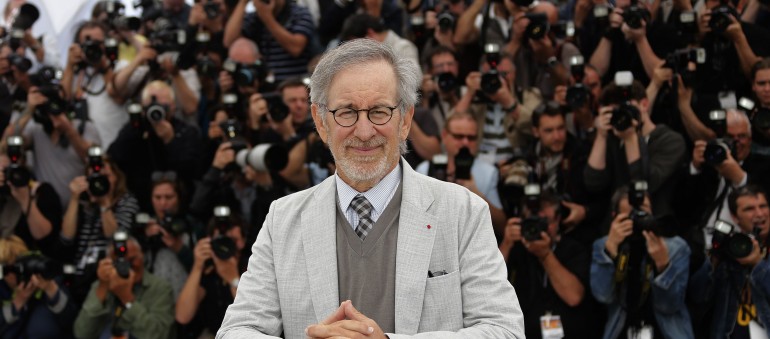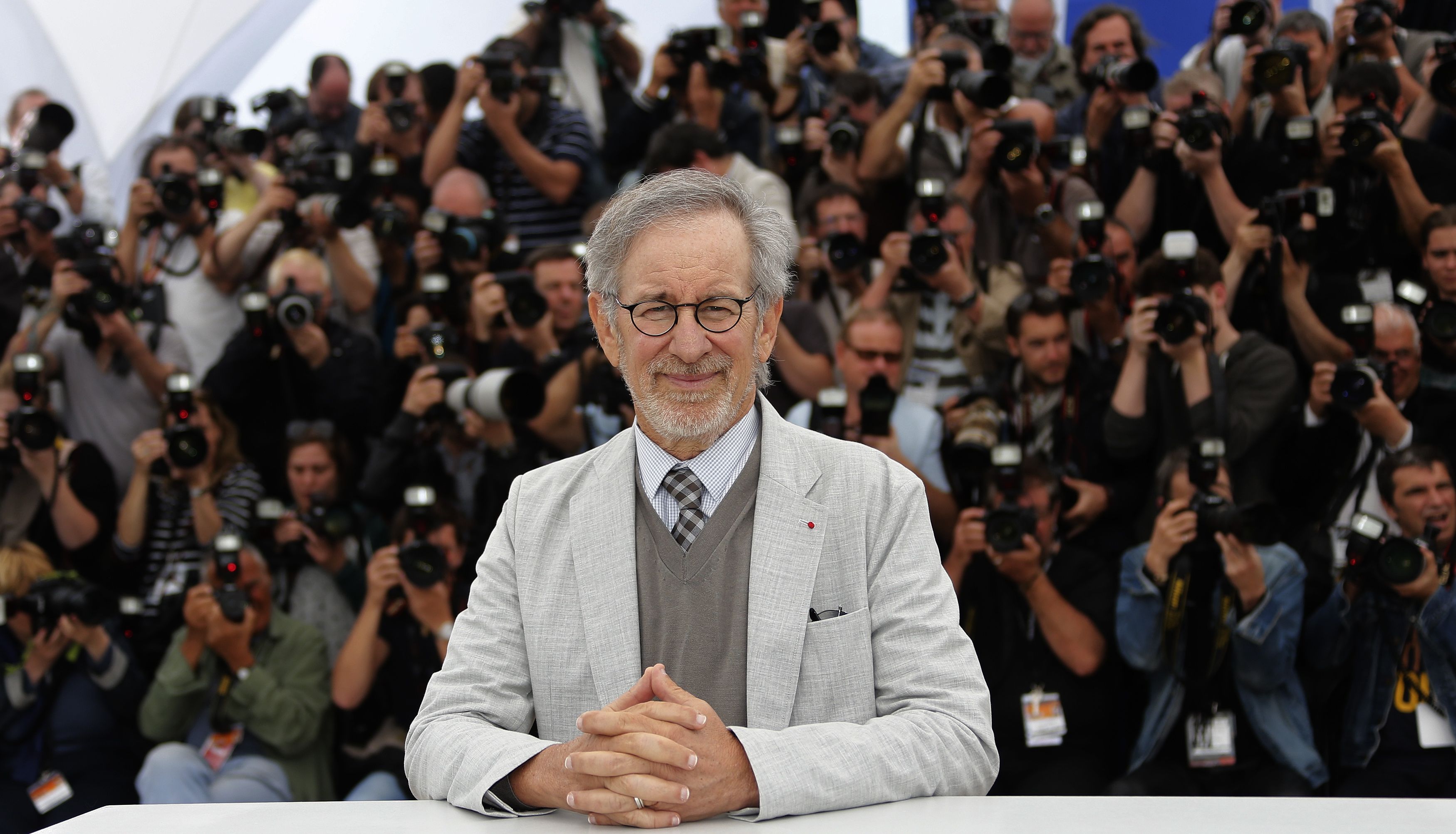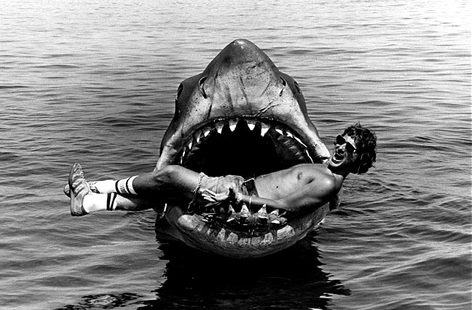I don’t know about you, but to me, inspiration feels like a dissociative dream. A kind of dream that doesn’t last very long, but is so powerful that it compels you to drop whatever it is that you were doing at the time, and almost immediately focus on that new thing that stole your attention.
It’s the “ah-hah!” moment that makes everything come into perspective. It makes my world stop from spinning and drops a giant wave of clarity over my head.
When inspiration hits me, all I can do is focus on that one thing that I instantly need to accomplish.
Inspiration comes in all shapes and sizes. It could be found in a voice, an image, a person, or a feeling that is perceived in a third party manner.
It’s everywhere and in anyone.
Although a lot of things inspire me, I have to admit that I’m mostly moved by exceptional people, who, despite all the odds, made their mark in this highly-competitive world.
One of those people, who truly inspired me to push forward and chase my dreams, is none other than Steven Spielberg.
Like him or not, you cannot deny his greatness. The godfather of the modern blockbuster, as many like to call him, has conquered many obstacles in life to get where he is today.
Although there are still people out there who think he’s overrated, my opinion on the matter is that Mr. Spielberg is CRIMINALLY underrated, both as a film director and a producer.
With dozens of epic movies behind his name and constant battles with all sorts of studio executives to make his colleagues’ passion projects come to life on the big screen, if nothing else, Mr. Spielberg has proven himself over and over again as a real industry titan.
There isn’t a single living person on this planet who could tell such a big, loud, compelling and exciting adventure through a camera lens as Steven Spielberg.
From Jaws and Close Encounters through E.T. and Raiders of the Lost Ark, from Empire of the Sun to Saving Private Ryan and War Horse, from Munich to Schindler’s List and Bridge Of Spies, from Jurassic Park to Catch Me if You Can – Mr. Spielberg has done it all. From suspense to sci-fi, from history to action, this legendary director has successfully worked in almost every film genre.

Spielberg knows how to present his stories. All his projects have a higher purpose of communicating messages that restore our faith in humanity.
The questions he asks in his films are often simple, and yet so profound. Where do we belong in this world and universe, what makes life worth living, why do we despise those who are different, why is it so hard for us to accept defeat, even when the fat lady has started singing, is there anything good in fear, do our unselfish actions define us as good people, or are they just lies we tell ourselves to help us sleep better at night – these are just some of the major themes Spielberg explores in his films.
Although he has made some soul-crushing films in his career, Mr. Spielberg never lost his sense of wonder, or his inner child. He has put so many ordinary people in extraordinary situations, that it’s almost ridiculous. Steven’s majestic and unrepeatable “oners” (a.k.a. the long takes), in combinations with low-angle shots of “jaw-dropped”, amazed and “mind blown” protagonists, haloed by celestial light, is, to me, the movie definition of the phrase WOOOW.
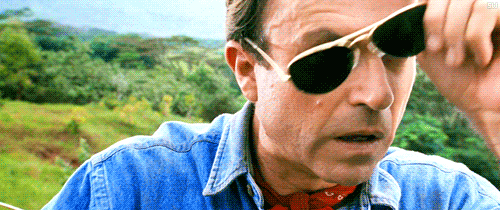
Apart from creating the biggest film adventures in the last 30 years in cinema history, Mr. Spielberg made a lot of A-list movie stars along the way. Drew Barrymore, Christian Bale, Jennifer Garner, Amy Adams – these are just some of the names who made their mark in a Steven Spielberg flick.
I’ve been watching Mr. Spielberg’s films since I could remember. Although I’m thankful for every grandiose adventure he crafted for the screen, the thing that really inspires me the most about this exceptional Hollywood director and producer is his sense of business and his undying passion for films.
“Every time I go to a movie, it’s magic, no matter what the movie’s about.” – Steven Spielberg
Without further to do, I would like to present you with a couple of crucial, inspiring and life-changing lessons I’ve learned from reading about this A-list Hollywood celebrity:
Lesson 1: You Don’t Need a College Degree To Do What You Want To Do
“You shouldn’t dream your film, you should make it!” – Steven Spielberg
Although his three films, Jaws (1975), E.T. the Extra-Terrestrial (1982), and Jurassic Park (1993), broke box office records, each becoming the highest-grossing film made at the time, earning billions and billions of dollars worldwide, Mr. Spielberg, when he was younger, was perceived as untalented and was thrice denied entry into UCLA film school.
The 12-time Oscar nominee (3 wins), was eventually admitted at California State University, but he dropped out in 1968 to do, guess what? – Make films.
Lesson 2: “All Good Ideas Start Out As Bad Ideas, That’s Why It Takes So Long”
This is probably one of Spielberg’s most cited quotes. As he clearly stated here, any idea, no matter how clear it may be in your head – is full of holes. You can always find at least 10 reasons why something won’t work, but that doesn’t mean you should give up your dream.
It’s extremely important to acknowledge the imperfections behind your idea. Once you see what’s wrong with it, you can start fixing it.
As I already wrote on this blog, before investing any time and money into developing your idea, you must first and foremost validate it. You can do this by talking to people around you.
You may find many people against your idea at this stage and they will present you with some queries about the possibilities of failure, but if you can provide answers to at least a couple of them – then you’re onto something good.

Even though hearing negative opinions about your idea might feel at this phase like the end of the world, it’s important that you don’t get discouraged.
Hearing bad things about your future business venture is good at this stage, because it will feed you with great insights on how to re-work your idea and fix all your weaknesses so when you finally launch your future products and services – you’ll already have answers to some of the more serious problem that could come your way.
Lesson 3: Never Give Up On Your Dream, Even When The Odds Are Against You
After being denied for the UCLA film program for the third time, Steven, while still attending California State University, went out looking for any type of job in the film industry.
Before you could say “lights, camera, action”, Universal Studios accepted young Steven as an unpaid intern in the editing department.
Although this was a pretty meaningless job, and young Steven didn’t make a single dime, this meant the world to him. He kept sneaking into Universal Studio’s buildings every single day, acting like he belonged there.

When they finally busted him, a lot of Studio executive thought he was nuts.
True or false, it doesn’t really matter, young Steven got the most out of his opportunity. I think that this sort of behavior really helped him get a sense what’s it really like to work on a big movie set.
Lesson 4: Start Small – Learn How to Cherish Tiny Victories
Although known as one of the most successful directors of all time, Mr. Spielberg wasn’t always breaking box office records. Nope. In fact, his very first film, the one he made when he was 16, Firelight, earned only a single dollar.
That’s it. Just a measly buck.
Shot in his own garage, with the budget of $500, starring his high-school friends, the film premiered in Phoenix Little Theatre, Arizona, in front of an audience of around 500 people. The ticket price was only $1, but someone must have paid double, because, when he counted the money, Steven found an extra dollar.
Anyone else in the world would think that someone dropped another dollar by mistake, but not Steven. He believed that the guy (or girl) who left the money loved his film so much that he wanted to pay extra for it.
Although this seems pretty insignificant to most people I told this story to, I really believe that, this single dollar, gave Mr. Spielberg all the support he needed in the world to keep doing what he loved to do.
More often than not, it’s the little things in life that give us the strength to push forward.
Lesson 5: Your Assumption About Your Work Will Be Wrong
Even though he was in charge of every single frame, and every single spoken word in all his movies, Steven Spielberg has acknowledged numerous of times in the past that, when starting a new project, his presumptions about a production are usually wrong.
There are just too many unknowns that come into play here.
For example, when he started working on Schindler’s List, he was pretty certain that everything that could come his way in Poland, he could tolerate. And immediately, on the first day of shooting, all Hell broke loose. The director couldn’t contain himself and started to experience the whole shooting process a lot more personally than he initially wanted.

It doesn’t matter what you do, or in what kind of industry you operate, assumption is always the mother of all screw ups. That’s why you shouldn’t leave anything to chance.
As Neil Patel so nicely put in one of his posts on LinkedIn:
“Want to hear one of the worst things that a marketer can do? – Guess.
Guessing rather than knowing often produces serious marketing mistakes.
Why is this true? Because our guesses are often wildly inaccurate and strategically dangerous. A guess-based approach to marketing could plunge your business into disaster.”
I completely agree. I think this sort of thinking applies to all businesses and industries.
Data is everything. Your success solely depends on your ability to predict the future. If you can anticipate what you’ll get, you’ll never find yourself in the situation where you have to count your losses.
Lesson 6: Collaborate With The Talent Around You
As Mr. Spielberg said:
“When I was a kid, there was no collaboration; it’s you with a camera bossing your friends around. But as an adult, filmmaking is all about appreciating the talents of the people you surround yourself with and knowing you could never have made any of these films by yourself.“
I collaborate with people from my industry all time. Whether I’m guest blogging or publishing other people’s work on my site, it doesn’t really matter – I’m in constant contact with a lot of players from my niche. This is how I reach new audiences and build strong and lasting relationships with those who I see as “valuable contacts”.
Lesson 7: Sometimes The Hail Mary Comes Through – Be Open To All Sorts Of Deals
As ContactMusic wrote on their site, (back in the day, in 1977, to be exact) when George Lucas had finished producing Star Wars, all depressed and worried that his film won’t live up to the expectations, he went to Alabama to see Spielberg on the set of Close Encounters of the Third Kind.
In an attempt to make some extra money after Star Wars and save himself from going broke, Lucas proposed to Spielberg that each director should give 2.5% of their movie’s profits to the other.

Although this seemed kind of ridiculous at that time, but, a year later, this exact deal saved Columbia movie studios from bankruptcy. Insane, right?
Next to that, this agreement helped Spielberg make a ton of money on Star Wars DVD’s and merchandise without doing squat.
Lesson 8: Don’t Be Afraid Of Change
As Mr. Spielberg said: “All of us every single year, we’re a different person. I don’t think we’re the same person all our lives.“
Although most people are afraid of change because it cannot be foreseen, I think it’s good for us. Especially in business. It helps us grow and learn new things.
We constantly experience the world around us in different ways, and that takes a toll on us. “Changing,” in the grander sense of the word, refers to growing as a person and gaining life experience.
When I really sit down and think about all the important changes that happened in my life, I come back to situations that involved a rather high level of emotional arousal. Although often emotionally draining, these scenarios served as catalysts that only increased my motivation and commitment to a certain cause.
I think Spielberg’s films and his life story changed me for good. These filmed adventures made me see the world in a whole new light.
They reminded me that until I take care of my business and make adjustments to my behavior, I won’t reach my goals in life.
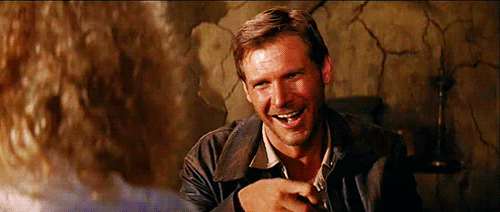
Thank you for taking the time to read this article. I hope you enjoyed everything I wrote here. If you have any question or anything to add about Steven Spielberg that you think I forgot to mention, please feel free to write your thoughts down in the comments section below.
That’s it for now,
See you soon again,
Goran @ AltusHost B.V.
The author is highly qualified and writes blog posts weekly.

